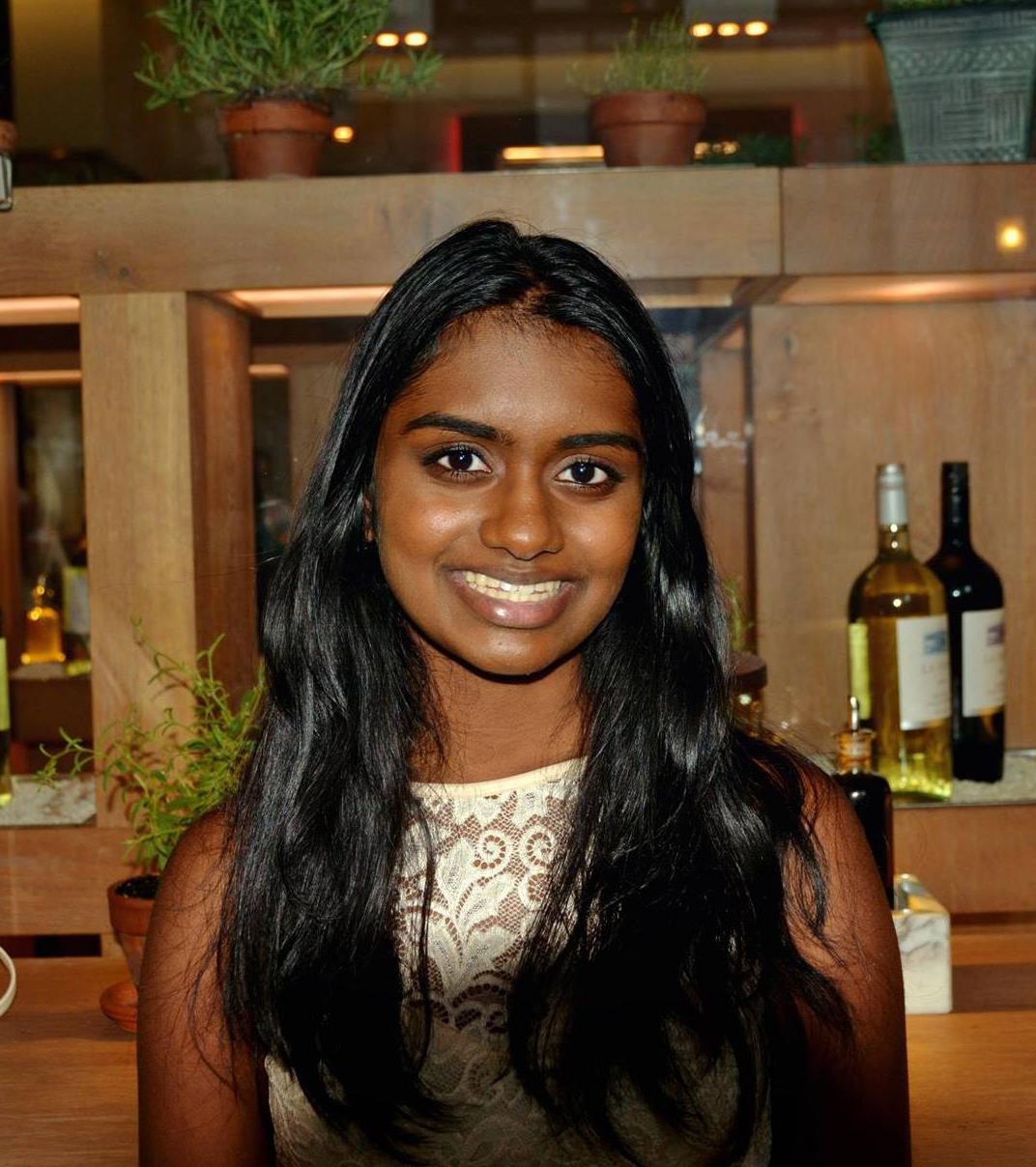
Harvard University freshman and Thomas Jefferson High School for Science and Technology alumna Kavya Kopparapu was chosen as one of Time Magazine’s most influential teens of 2018. The accolade capped off an exciting year for Kopparapu — she was named a Davidson Institute fellow and a Regeneron Science Talent Search finalist, adding to her distinction as a 2017 WebMD Health Hero.
WashingtonExec recently spoke with Kopparapu, winner of the STEM Rising Star Award at last year’s K-12 STEM Symposium, about her game-changing work to battle glioblastoma and her nonprofit GirlsComputingLeague, which brings computing opportunities to girls in the Northern Virginia and Washington, D.C., area.
When did you first become interested in STEM as a potential career?
During my fifth-grade science fair at Floris Elementary school, I met scientists from the Children Science Center. They conducted an elephant tooth paste experiment, and the foam touched the roof of the school auditorium. Everyone was excited, and I thought it would be cool to be a scientist. Ever since then, I’ve dreamed of a career in STEM.
You were recently selected as one of Time Magazine’s most influential teens of 2018. Talk a little bit about GlioVision.
GlioVision is a major first step to personalized, targeted treatment for patients with cancer. It is a precision medicine platform that uses deep learning to determine the molecular and genetic signature of a brain tumor with 100 percent accuracy in a fraction of the time/cost of traditional methods.
GlioVision identifies a significant disconnect in the treatment of patients in the current medical system: We’ve made progress toward creating therapies targeted for a cancer’s specific genetic mutations, but have not significantly sped up the process for obtaining this tumor information.
I was driven to tackle this specific problem when reading articles about Sen. John McCain’s glioblastoma diagnosis, which detailed the severity of the disease and its short prognosis. In the past 30 years, the mortality rate for patients with glioblastoma has not decreased.
GlioVision can determine relevant characteristics of a tumor in a fraction of the time and cost of traditional methods by using a scanned image of a biopsy rather than a DNA sample. GlioVision makes the adoption of precision medicine techniques economical for every hospital in the country. The system has been awarded a provisional patent, and I hope to begin clinical tests at Georgetown University this year.
You are the CEO of the GirlsComputingLeague. Why did you found the organization and how’s your organization involved in local D.C. initiatives?
GCL focuses on democratizing access to education through cutting-edge computer science techniques from experts in the field, while also offering low-income students and their teachers resources in the form of events, workshops, teacher professional development and coding clubs.
To date, GirlsComputingLeague has raised over $100,000 for programming workshops, robots/laptops/drones for computer science clubs at Title 1 Schools, and special events such as an Artificial Intelligence Summit, and classes to mentor teachers in computer science.
In 2017, we held our first Artificial Intelligence Summit at the Marriott, Virginia, for 300 middle and high school students with keynote speakers from health care, business, finance areas. In 2018, we had a very successful second iteration of the AI Summit at the Smithsonian’s Air and Space Museum with 350 students in attendance over the two-day event.
Not only did we have keynotes from leaders in several AI-driven verticals (including Google’s head of AI, the CEO of WebMD and the chief technology officers of Accenture, AbleVets and Octo Consulting), but had hands-on training AI workshops in the afternoon and an “ideathon,” where students submitted proposals of an AI-driven idea for positive change.
In 2019, we’re growing the AI Summit beyond the D.C. metro region with some lofty goals: expand to five different universities across the U.S. (from Princeton to Georgia Tech), each with their own spin (AI + health, AI + robotics, AI + entrepreneurship, AI + cybersecurity) and expand our $22,000 donation to 5 Title 1 school teachers to start coding clubs at their schools in 2018
The purpose of these events are twofold: to give passionate young students access to learning about cutting-edge technology from leaders in the field and also create the future talent pipeline for AI and technology.
How can the community help GirlsComputingLeague.org?
Companies and individuals can join GirlsComputingLeague.org to help mentor students as well as donate to make innovative technology education accessible for all students. Funds donated will be used to fund free AI workshops, summits and hackathons.
WashingtonExec is hosting the annual K-12 STEM Symposium on March 30, 2019. The event is free and open to the public, but attendees are asked to register in advance.

